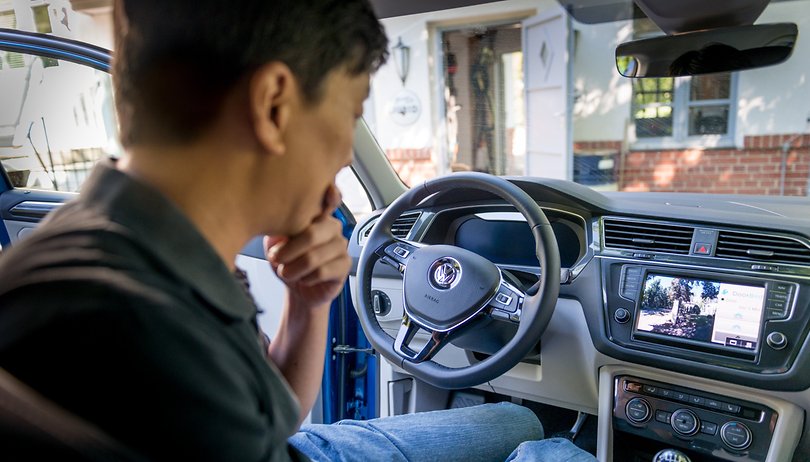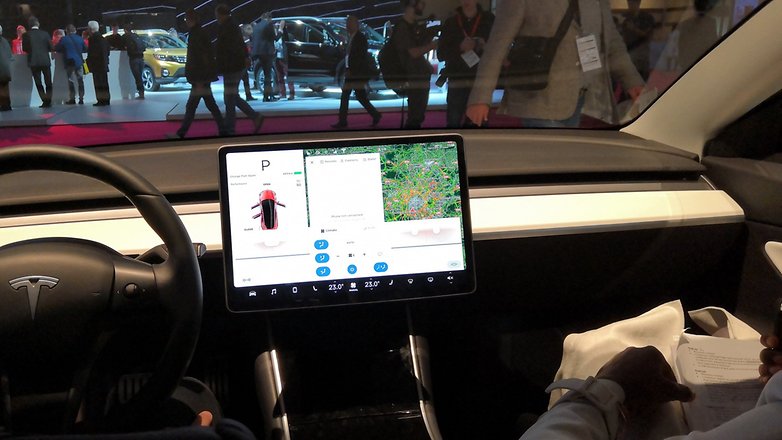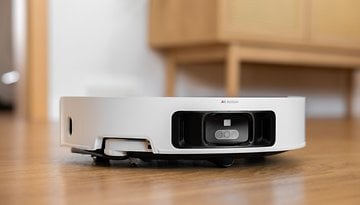What SAE levels for self driving cars actually mean


Tesla, Audi, BMW and many others. Nowadays practically every manufacturer says that they have self-driving cars, but the differences can be enormous. Did you know that there are many different levels of autonomous driving regulated precisely to help consumers decide? In this article, we explain what SAE automation levels are and why it is important to know them before choosing your next self-driving car!
A classification valid for all
The classification of the driving ability of autonomous cars divided into 6 levels was presented by SAE International in 2014 under the name of J3016 Taxonomy and Definitions for Terms Related to On-Road Motor Vehicle Automated Driving Systems.
The classification is based on the amount of "help" that the self-driving car requires and the necessary attention to the driver during the journey, not on the technical capabilities of the vehicles themselves (although these two definitions are linked). The SAE standard was last updated in 2016 and has been used universally since then.

SAE levels: how do they differ?
The levels defining autonomous driving skills for a vehicle are as follows:
- Level 0: The automatic system can send warnings and can temporarily intervene but cannot control the vehicle on its own.
- Level 1 (hands on): Driver and automatic system share vehicle control. Examples of this level are Adaptive Cruise Control (ACC), where the driver controls the steering wheel while the system adjusts the speed, and Parking Assistance, where the driver controls the speed while the steering wheel is operated autonomously.
- Level 2 (hands off): The automatic system is able to completely control the vehicle (steering wheel, accelerator and brake). The driver is responsible for monitoring the driving and being ready to intervene at any time to regain control if the system does not respond as expected. Although the system is commonly called "hands off" don't get confused, in many cases contact with the steering wheel is necessary to ensure that the driver is ready to intervene.
- Level 3 (eyes off): The pilot can freely divert attention from the driving activity, for example to send a message or watch a video. The car is able to respond automatically to situations that require immediate action, such as emergency braking. The driver must, however, be ready to intervene within a short time, usually indicated by the manufacturer, when the car requires it to do so.
The 2018 Audi A8 Luxury Sedan was the world's first to boast SAE Level 3 independent driving thanks to its Traffic Jam Pilot system. The car can drive autonomously in non-motorized traffic (up to 60 km/h) if required by the driver, but only on motorways that have a physical barrier to separate the two carriageways.
- Level 4 (mind off): It works exactly like Level 3 but without the driver's attention to ensure safety. For example, the driver can fall asleep or leave the driver's seat in total peace of mind. This level of autonomous driving is only possible in certain geographical areas (geofencing) or situations (traffic jams) and the car must be able to stop driving safely if the driver does not regain control when required (e.g. by parking).
- Level 5 (optional steering wheel): No human intervention is required, for example, a 100% autonomous and robotic taxi.
SAE automation levels (J3016)
| SAE level | Name and address | Acceleration and deceleration |
Liability for vehicle |
Driving mode* |
|---|---|---|---|---|
| The human driver controls the driving environment | ||||
| Level 0 | No automation | Driver | Driver | none |
| Level 1 | Assisted driving | Driver and system | Few driving modes | |
| Level 2 | Partial automation | System | ||
| Automated guidance system controls the driving environment | ||||
| Level 3 | Conditional automation | System | Driver | Some driving modes |
| Level 4 | High-level automation | System | Many driving modes | |
| Level 5 | Full automation | All driving modes | ||
*In the SAE definition of autonomous driving, "driving mode" means "a type of driving scenario with the characteristic requirements of the dynamic driving function". This means that each driving mode represents a different scenario such as the union of several lanes in one, traffic jams, ability to maintain direction and speed and so on.
In the future, there will be more and more AI driving aids on our cars, so it is right to be aware of what these SAE levels mean in order to know the real capabilities of cars and the various responsibilities in case of accidents.
What level of autonomous driving is your car classified in?
Source: SAE International



















